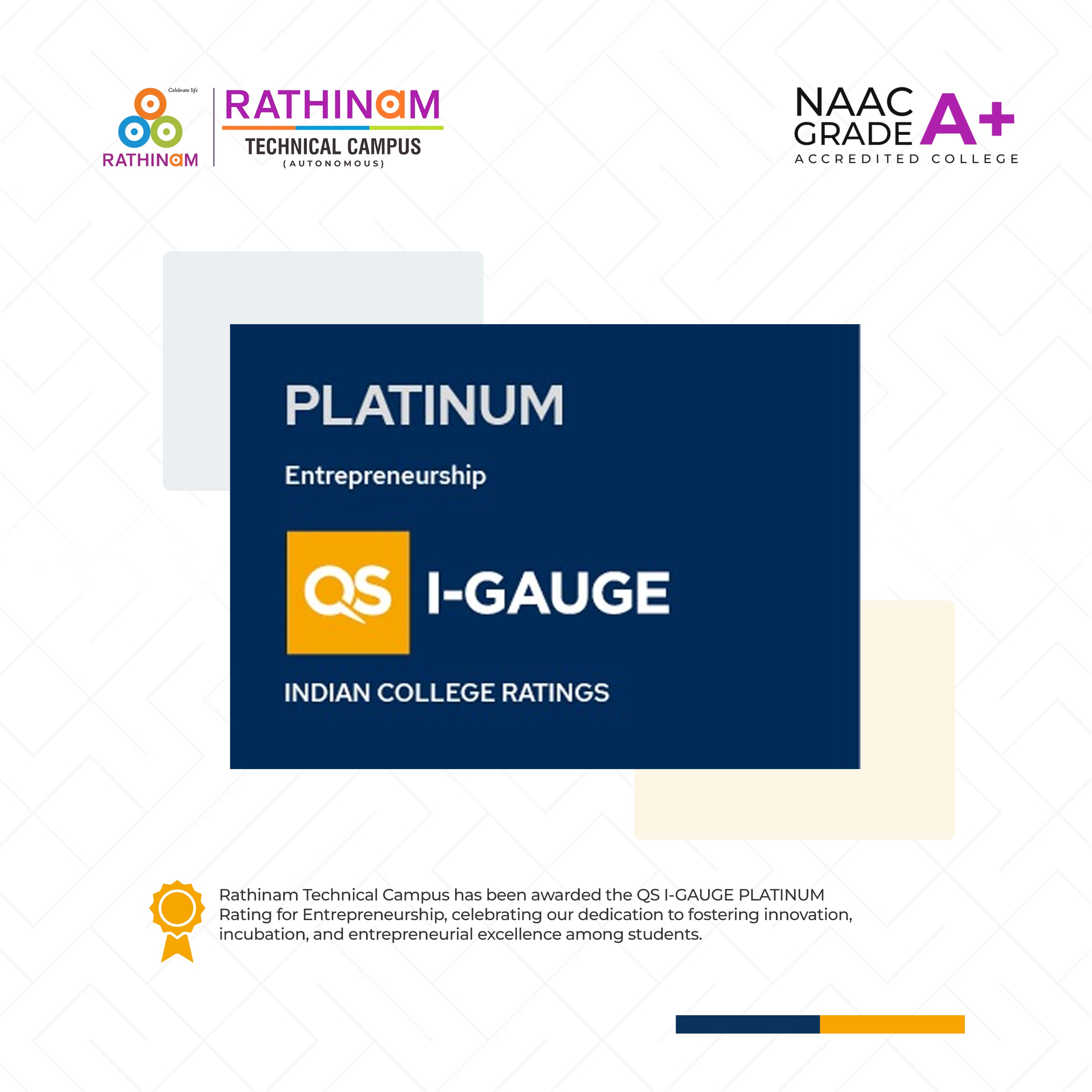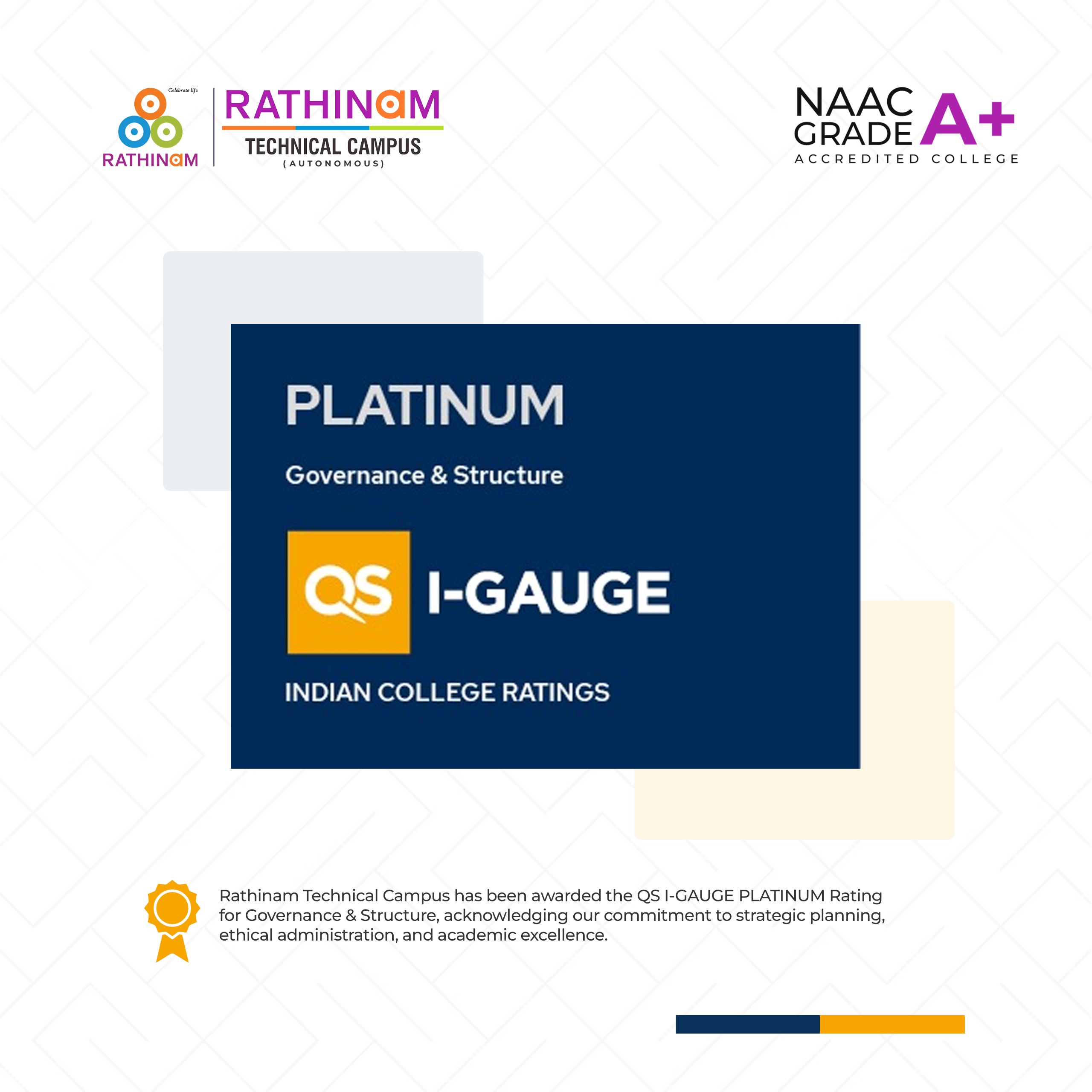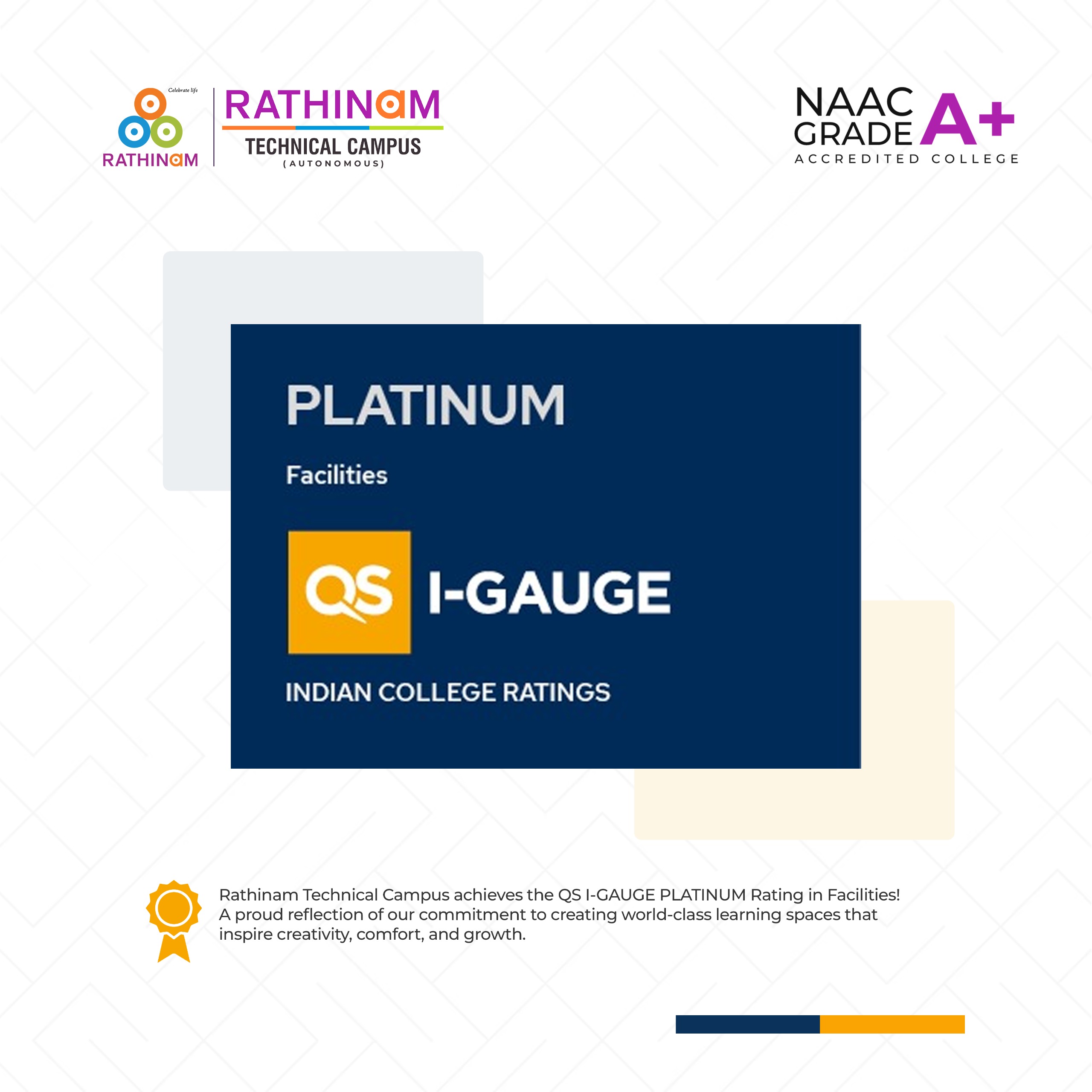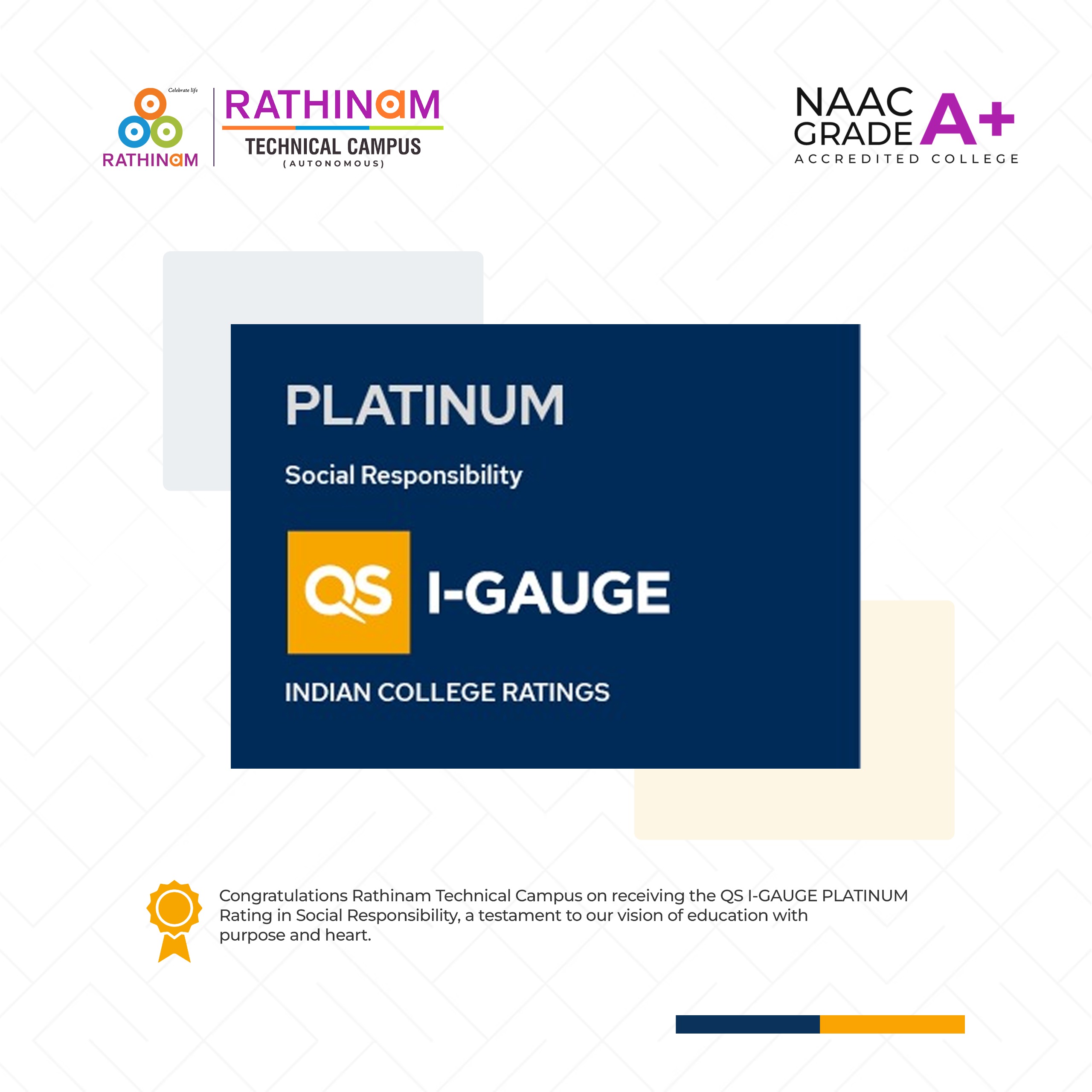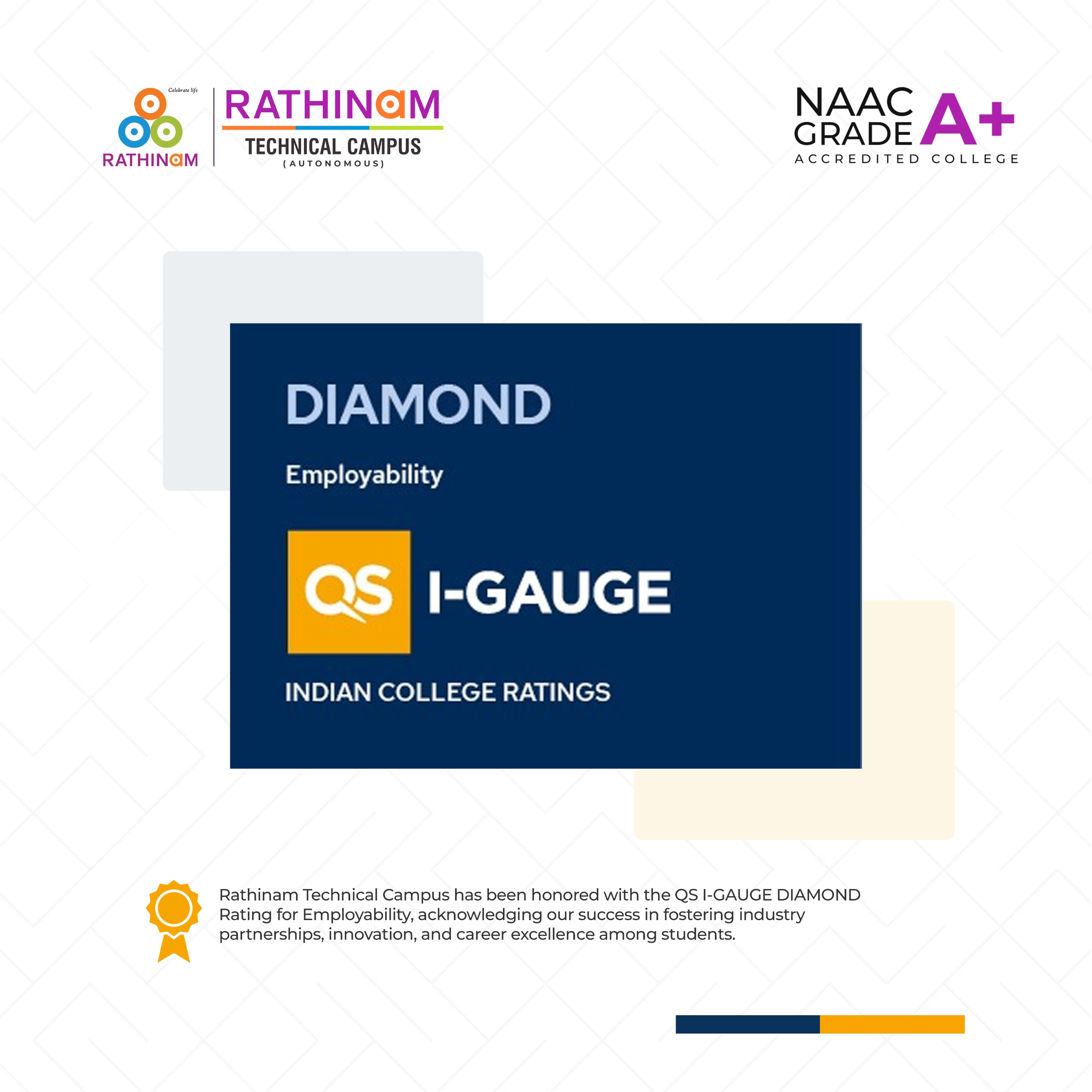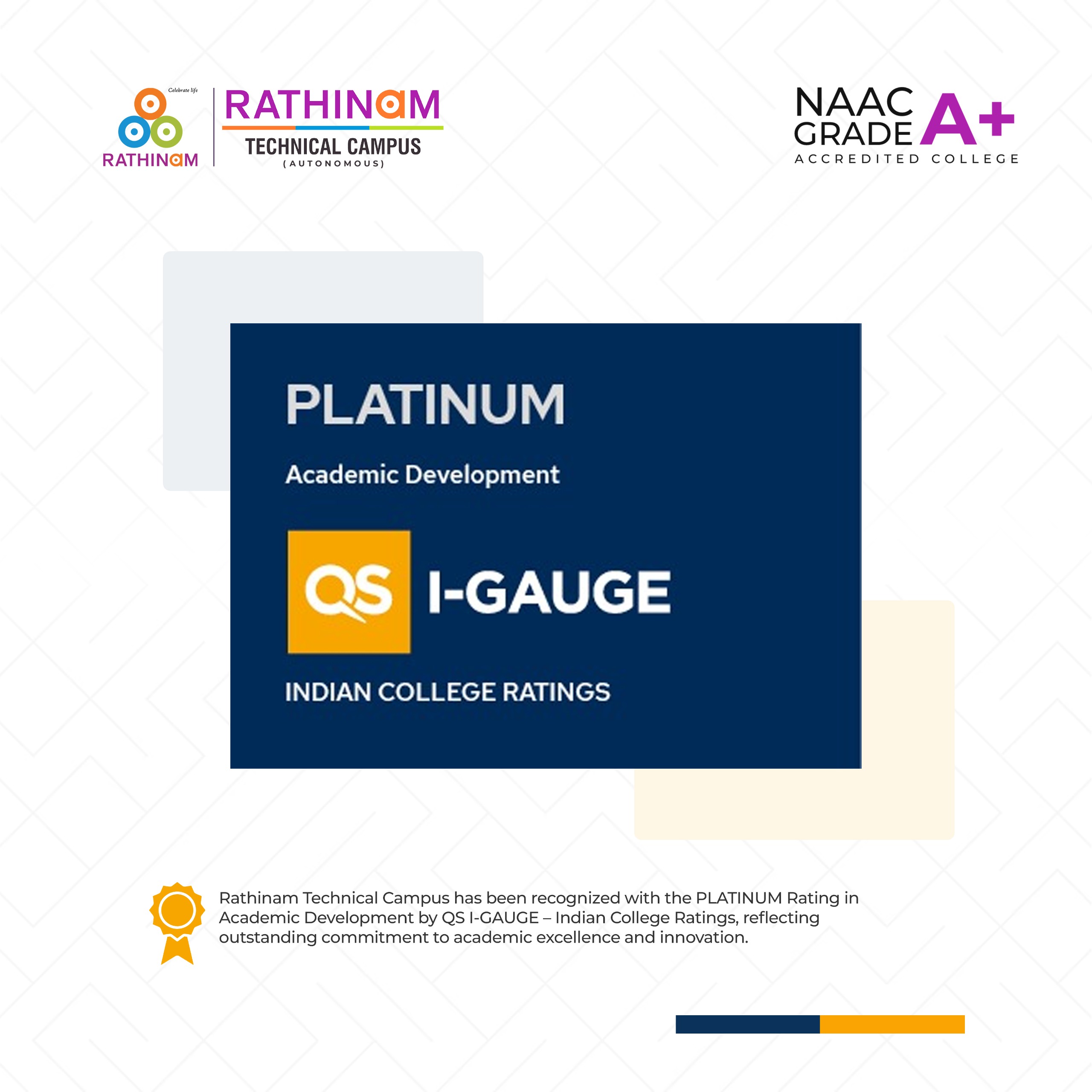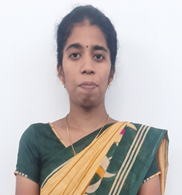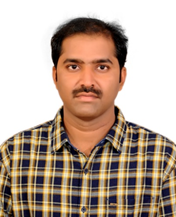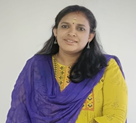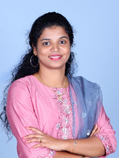computer science & engineering regional
![]() Empowering Local Communities through Technology and Language.
Empowering Local Communities through Technology and Language.
Lab Facilities
Faculty
Computer Science & Engineering ( Regional )
Department of Computer Science & Engineering ( Regional ) at Rathinam Technical Campus (RTC) is established in 2011 and is offering an undergraduate program in Computer Science & Engineering. Rathinam Technical Campus was approved by Anna University, Chennai, and Affiliated to AICTE, New Delhi.
At our college, we offer a comprehensive and challenging Bachelor of Engineering (BE) degree program in Computer Science & Engineering ( Regional ). Our program is designed to provide students with a solid foundation in the theory, design, and application of computer systems and software.
Our curriculum includes a broad range of courses that cover topics such as programming languages, computer architecture, algorithms, database systems, software engineering, artificial intelligence, and machine learning. Students have the opportunity to apply what they have learned in the classroom through hands-on projects and internships, giving them real-world experience in the field.
We also offer various opportunities for students to enhance their skills outside of the classroom. Our college has active student groups dedicated to computer science and engineering, where students can collaborate on projects and participate in hackathons and coding competitions.
Graduates of our program are highly sought after by top companies and organizations. They have gone on to successful careers as software engineers, data scientists, system administrators, and more. Some have also pursued further studies and research in computer science and engineering.
We are committed to providing our students with the best possible education and resources to succeed in their careers.
- PEO1: To enable the graduates to demonstrate their skills in solving challenges in their chosen field through the core foundation and knowledge acquired in engineering and biology.
- PEO2: To enable the graduates to exhibit leadership, make decisions with societal and ethical responsibilities, function, and communicate effectively in multidisciplinary settings.
- PEO3: To ensure that graduates will recognize the need for sustaining and expanding their technical competence and engage in learning opportunities throughout their careers.
PO2: Problem analysis Identify, formulate, review research literature, and analyze complex engineering problems reaching substantiated conclusions using first principles of mathematics, natural sciences, and engineering sciences.
PO3: Design/development of solutions Design solutions for complex engineering problems and design system components or processes that meet the specified needs with appropriate consideration for the public health and safety, and the cultural, societal, and environmental considerations.
PO4: Conduct investigations of complex problems Use research-based knowledge and research methods including design of experiments, analysis and interpretation of data, and synthesis of the information to provide valid conclusions.
PO5: Modern tool usage Create, select, and apply appropriate techniques, resources, and modern engineering and IT tools including prediction and modeling to complex engineering activities with an understanding of the limitation
PO6: The engineer and society Apply reasoning informed by the contextual knowledge to assess societal, health, safety, legal and cultural issues and the consequent responsibilities relevant to the professional engineering practice.
PO7: Environment and sustainability Understand the impact of the professional engineering solutions in societal and environmental contexts, and demonstrate the knowledge of, and need for sustainable development.
PO8: Ethics Apply ethical principles and commit to professional ethics and responsibilities and norms of the engineering practice.
PO9: Individual and team work Function effectively as an individual, and as a member or leader in diverse teams, and in multidisciplinary settings
PO10: Communication Communicate effectively on complex engineering activities with the engineering community and with society at large, such as, being able to comprehend and write effective reports and design documentation, make effective presentations, and give and receive clear instructions. Communicate effectively on complex engineering activities with the engineering community and with society at large, such as, being able to comprehend and write effective reports and design documentation, make effective presentations, and give and receive clear instructions.
PO11: Project management and finance Demonstrate knowledge and understanding of the engineering and management principles and apply these to one’s own work, as a member and leader in a team, to manage projects and in multidisciplinary environments.
PO12: Life-long learning Recognize the need for, and have the preparation and ability to engage in independent and life-long learning in the broadest context of technological change.
| PSO1 | To design and develop diagnostic and therapeutic devices that reduce physician burnout and enhance the quality of life for the end-user by applying the fundamentals of Biomedical Engineering |
| PSO2 | To apply software skills in developing algorithms for solving healthcare-related problems in various fields of the Medical sector. |
| PSO3 | To adapt to emerging information and communication technologies (ICT) to innovate ideas and solutions for current societal and scientific issues thereby developing indigenous medical instruments that are on par with the existing technology |
Facilities Details
| S.NO | NAME OF THE FACULTY | DESIGNATION |
|---|---|---|
| 1 | DR. AMUTHA M | PROFESSOR |
| 2 | DR. AROCIKA CHRISTOPHER B | PROFESSOR |
| 3 | MRS. GAJALAKSHMI S | ASST PROFESSOR |
| 4 | MRS. MAHESWARI M | ASST PROFESSOR |
| 5 | MR. SURESH KUMAR ANGUSAMY | ASST PROFESSOR |
| 6 | MR. SHANKAR D | ASST PROFESSOR |
| 7 | MR. ARUN KUMAR | ASST PROFESSOR |
| 8 | MRS. ANUSUYA MURUGESAN | ASST PROFESSOR |
| 9 | MRS. SHANTHINI V | ASST PROFESSOR |
Lab Facilities

Programming in C Laboratory

Data Structures Laboratory

Data Science Laboratory

Operating Systems Laboratory

Database Management Systems Laboratory

Networks Lab
VERTICALS OFFERED
Vertical I : Data Science
Vertical II : Full Stack Development
Vertical III : Cloud Computing and Data Center Technologies
Vertical IV : Cyber Security and Data Privacy
Vertical V : Creative Media
Vertical VI : Emerging Technologies
Vertical VII : Artificial Intelligence and Machine Learning






